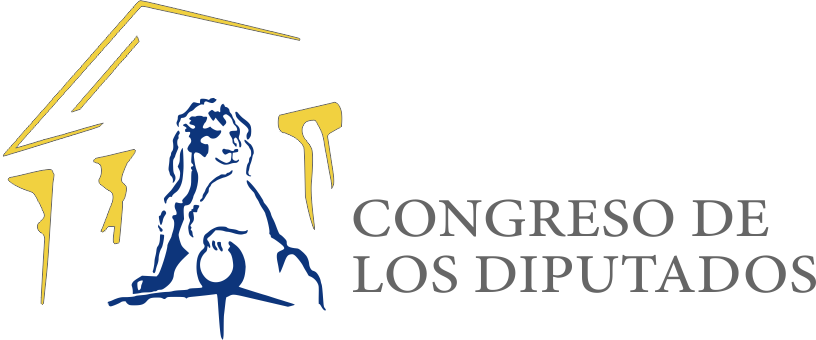Breadcrumb
Navigation Menu
funciones1
Functions
| Legislative function |
| Function of control |
|
The Constitution of 1978 established a two-chamber system. The Spanish Parliament is made up of the Congress and the Senate, and both Chambers represent all of Spain. According section 66 the Constitution their functions are the exercise of the legislative power of the State, the adoption of its budget, the control of the action of the Government, and the rest of powers granted by the Constitution. However, this two-chamber system does not mean that Congress and the Senate operate on the same level. The Constitution has endowed Congress with a series of duties and powers that demonstrate its supremacy. In this way, Congress authorizes the formation of the Government, has the power to cause its cessation, is the first to know about procedures of bills and of budgets, and must confirm or reject amendments or vetoes that the Senate may approve concerning these legislative texts. Basically, the Congress governs according to the Constitution and its Standing Orders. Composition and election of the Congress The Constitution establishes that Congress will have a minimum of 300 and a maximum of 400 Members, according to the electoral law that established this number. The rules in force (Organic Act 5/1985, of 19th June, on the General Electoral System) have set the number of Chamber members at 350. All Members are chosen by universal suffrage, which is free, equal, direct and secret. The electoral constituency is the province. Electoral law assigns two seats for each province and distributes the rest in proportion to the respective population. Ceuta and Melilla each choose one representative. Likewise, within each electoral district the election is verified by a proportional system, in such a way that each political party is given a number of seats according to the number of votes received. Term of office of Members The Congress is elected for four years. The term of office of Members thereof ends four years after their election or on the day on which the Congress is dissolved. In both cases, the change affects the total number of Members. Nature of office of Members Elected by province, Members of Congress represent their electoral constituency as well as the Spanish people. Election by province is an instrument that assists in forming the body of representation for the will of the Spanish people. The Constitution establishes that members of the Spanish Parliament will not be bound by compulsory mandate. Obviously, this circumstance does not exclude the parliamentarians from voluntarily including themselves in a Parliamentary Group and yielding to its internal discipline. Rights and duties of Members Members of Congress, as well as Senators, are disposed of two important prerogatives. First, that they acknowledge the Constitution, not in the sense of personal privilege, but with a view to protecting the exercise of its functions. Parliamentary freedom from speech and freedom from arrest are the proper institutional guarantees of the Chambers, which the members possess inasmuch as they participate in the development of the constitutional functions assigned to the Congress. This freedom from speech affects opinions expressed and votes cast in the exercise of representative responsibility and assumes irresponsibility of the same. In the internal field, the Member is subject to the rules of parliamentary discipline that, in accordance with the Standing Orders, apply to the Speaker and the Bureau of the House. During their term of office, Members of Congress shall likewise enjoy freedom from arrest and may be arrested only in the event of flagrante delito. They may be neither indicted nor tried without prior authorization of the House. Members receive a salary and have the right to receive benefits, exemptions, and compensation for expenditures that are indispensable in fulfilling their duties. |

